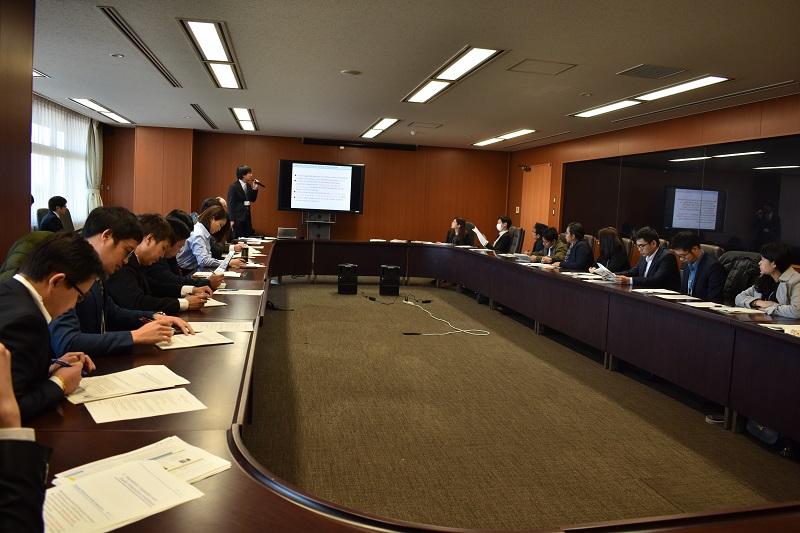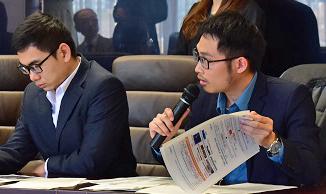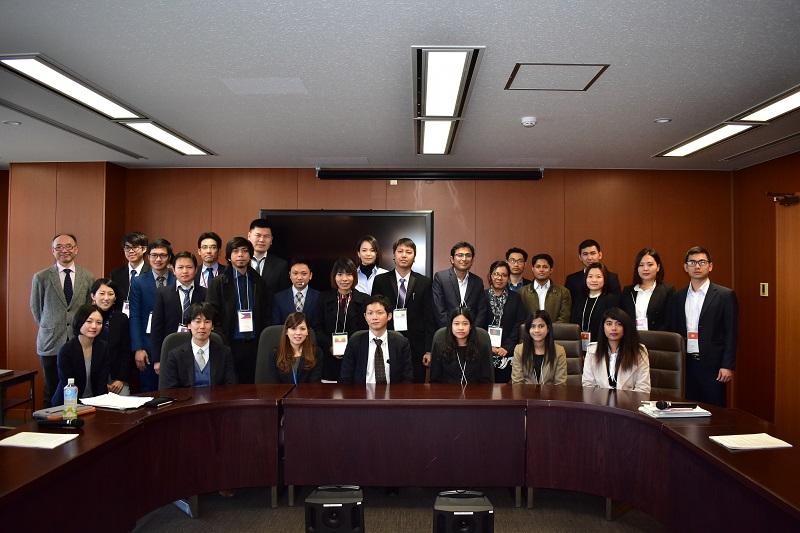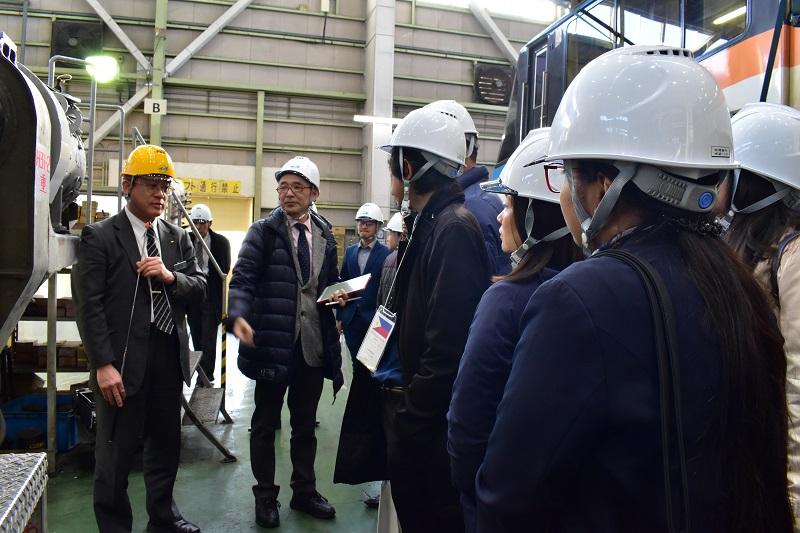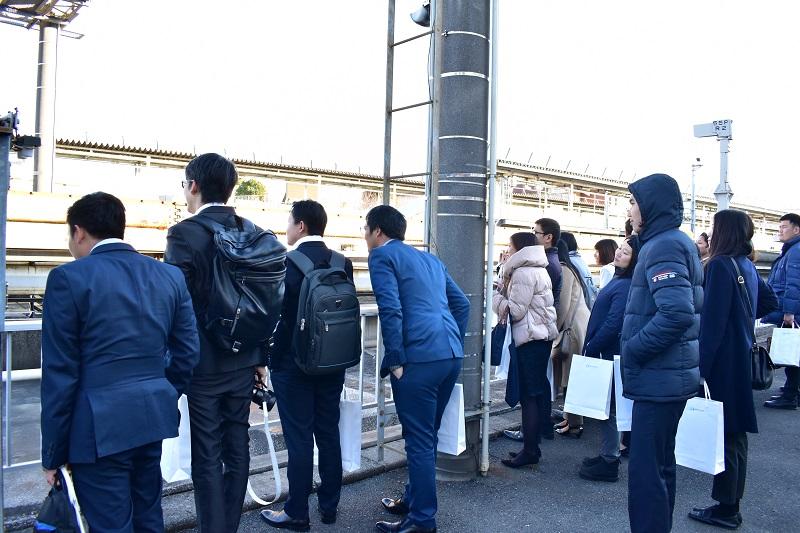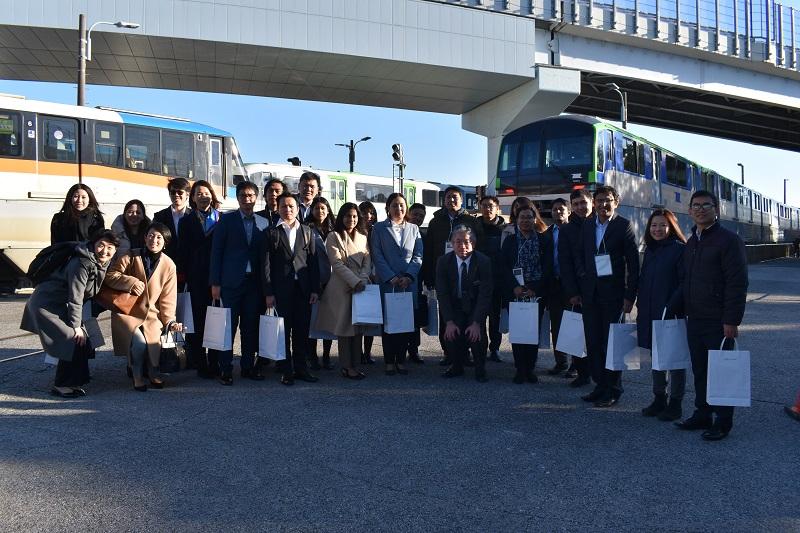
What's New
JICE Partnered with MLIT to Enhance an Understanding towards Japanese Quality Infrastructure for JDS Fellows
JICE partnered with Ministry of Land, Infrastructure, Transport and Tourism (MLIT) to provide an opportunity for the 20 JDS Fellows in the construction and transportation sector to deepen an understanding of Japanese quality infrastructure and to build the cooperative relationship between Japan and JDS participating countries.
The exchange program held on February 1, 2019, in collaboration with International Policy Division, Policy Bureau of MLIT for the second time, consisted of two parts. In the morning session, the participating Fellows were briefed about the policies promoted by the respective bureaus and departments of the Ministry in such areas as international policy, environment, public works, water resources, land conservation and transport. In the ensuing Q&A session, the participants raised many questions relevant to their specialization such as disposal and reuse of the batteries of electric vehicles and the policy to promote i-construction, an approach to improve productivity in the entire construction and production process by utilizing ICT, which MLIT intends to disseminate to the construction sites.
In the afternoon session, the Fellows visited the Tokyo Monorail Showajima Center, where they received an explanation about the outline the Tokyo Monorail followed by the guided tour of its the repair and maintenance facilities.
Followings are the comments from the participating Fellows.
“It was an excellent opportunity to understand the latest Japanese technology through the whole program” (a JDS Fellow from Laos Ministry of Public Works and Transport official)
“I was able to gain useful knowledge for my workplace from Tokyo Monorail.”(a JDS Fellow from Myanmar Ministry of Construction)
“I would like to share the knowledge and discuss with my colleagues the potential utility of monorail to improve transportation service in Dacca, given the limited space for land use there” (a JDS fellow from Bangladesh Ministry of Road Transport and Bridges)
It seems that all the participating Fellows were able to increase an understanding of Japanese Quality Infrastructure through this program. It is expected that they will address the development issues that their respective countries are confronted with by utilizing the new knowledge and human networks gained through this professional exchange program.
Chie Terashita (Ms.)
International Student Programs Division
International Student Programs Department I
